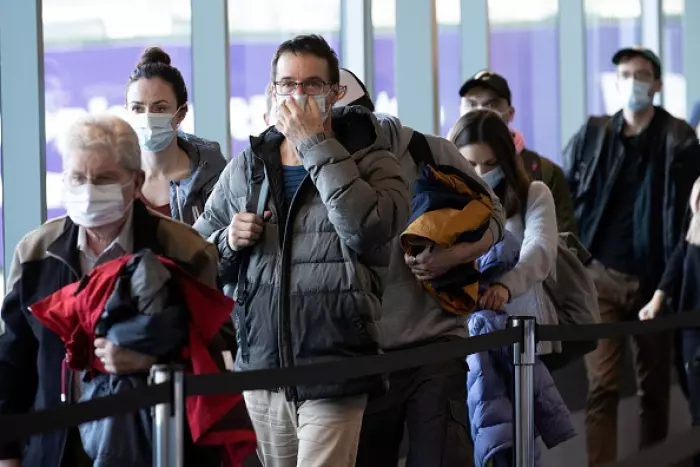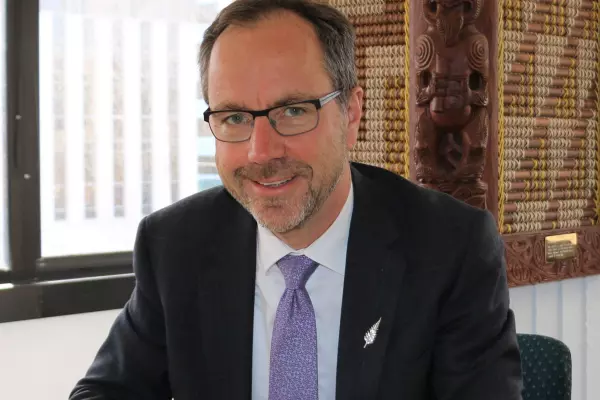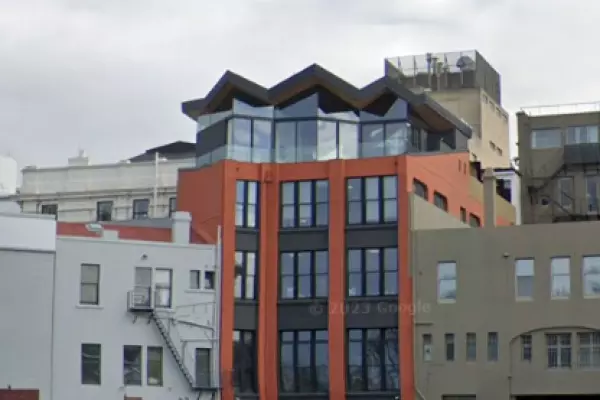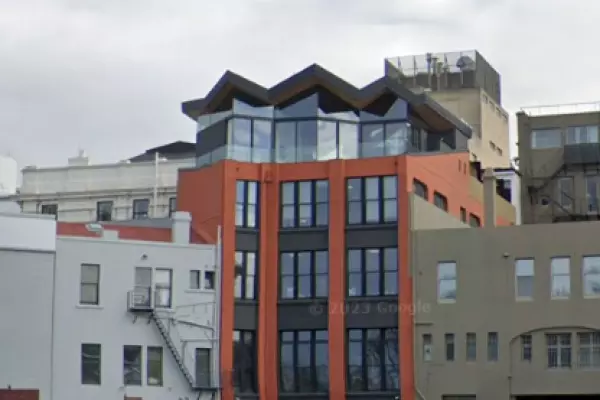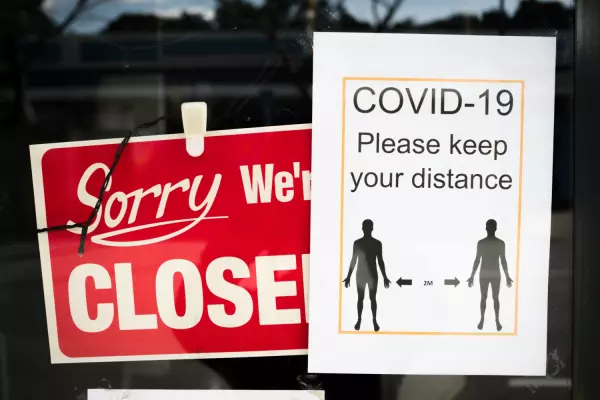In disruptive times we have a natural yearning for things to get “back to normal”. The uncomfortable reality is that the very moments we seek the most certainty are all too often when we have the least ability to provide it.
The positive news is that as a country, economy, and community, we have been tested by covid-19 already. And we passed that test. More importantly though, we learned some things about what helped and hindered our response. Now is the time to apply those lessons.
Applying lessons learnt
While we have moved up the alert levels this week, we can handle this - we have never been more prepared for combatting covid-19 than we are now.
We know that organisations that learnt from lockdown 1.0 will do better in the uncertain times ahead. And that learning can’t just happen in the office.
It needs to involve the people who help adapt and respond during a crisis. Our capacity to respond sits at all levels of an organisation, big or small, corporate or family – so we need to learn from all levels of an organisation.
Learning means getting clear on the things that help, identifying and plugging the gaps, and strengthening the areas where we struggle.
Talking to more 100 business leaders over the last four months, one common thread stood out: the connections and relationships across the organisation, as well as with key business partners, made a huge contribution to a successful response.
Those connections saw people spotting problems early, finding innovative solutions quickly, and keeping people safe while getting back to work.
Lurking resilience
Leaders told me that they learned a huge amount about the capacity in their organisations and supply partners that they’d not realised before – the crisis and their use of technology showed them resilience sat in different places than they’d expected.
Let’s make sure that we don’t stop learning.
I am less sure that as many organisations are looking at their relationships and connections as a deliberate strategy.
It doesn’t mean sausage rolls for morning tea.
It means being transparent and honest with people about the current challenges, including the economic realities.
Strategy and covid fatigue
It means recognising covid-fatigue may be setting in with people experience flagging energy levels. It means asking questions and listening to what people see as making work easier, or harder.
No amount of preparedness can replenish a battered balance sheet or replace 20 percent of lost revenue.
But building relationships as a deliberate strategy and continuing to learn about what works will help you bounce forward through this uncertainty.
They’re the strategies we heard that worked during April and May, so now is the time to refocus, keep connecting, listening and learning. We can hope for the best, but we must prepare for the worst.
Francois Barton is ceo of the Business Leaders’ Health and Safety Forum.


